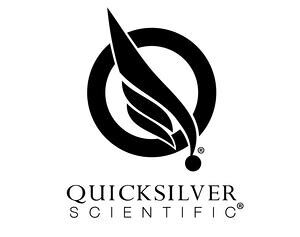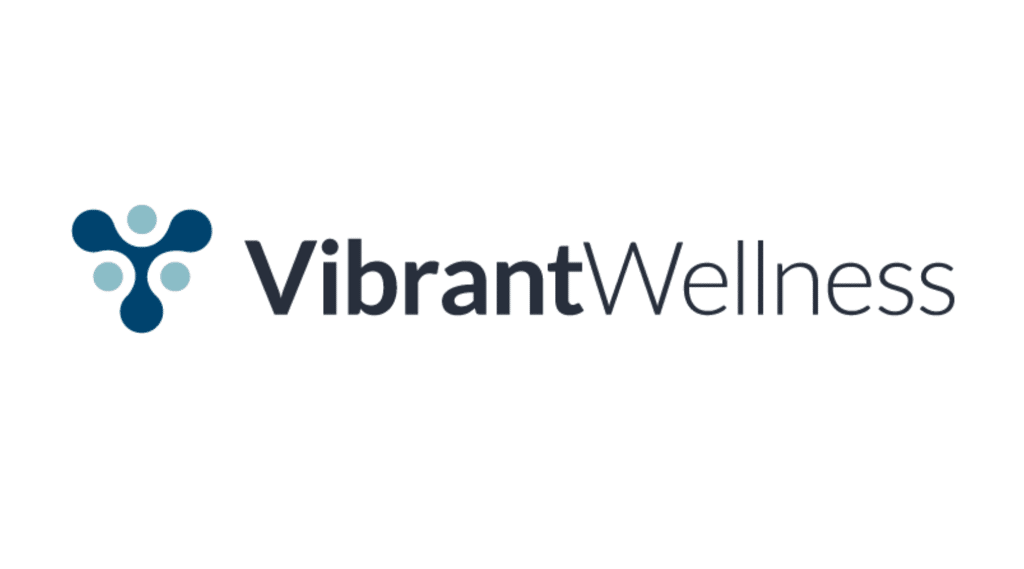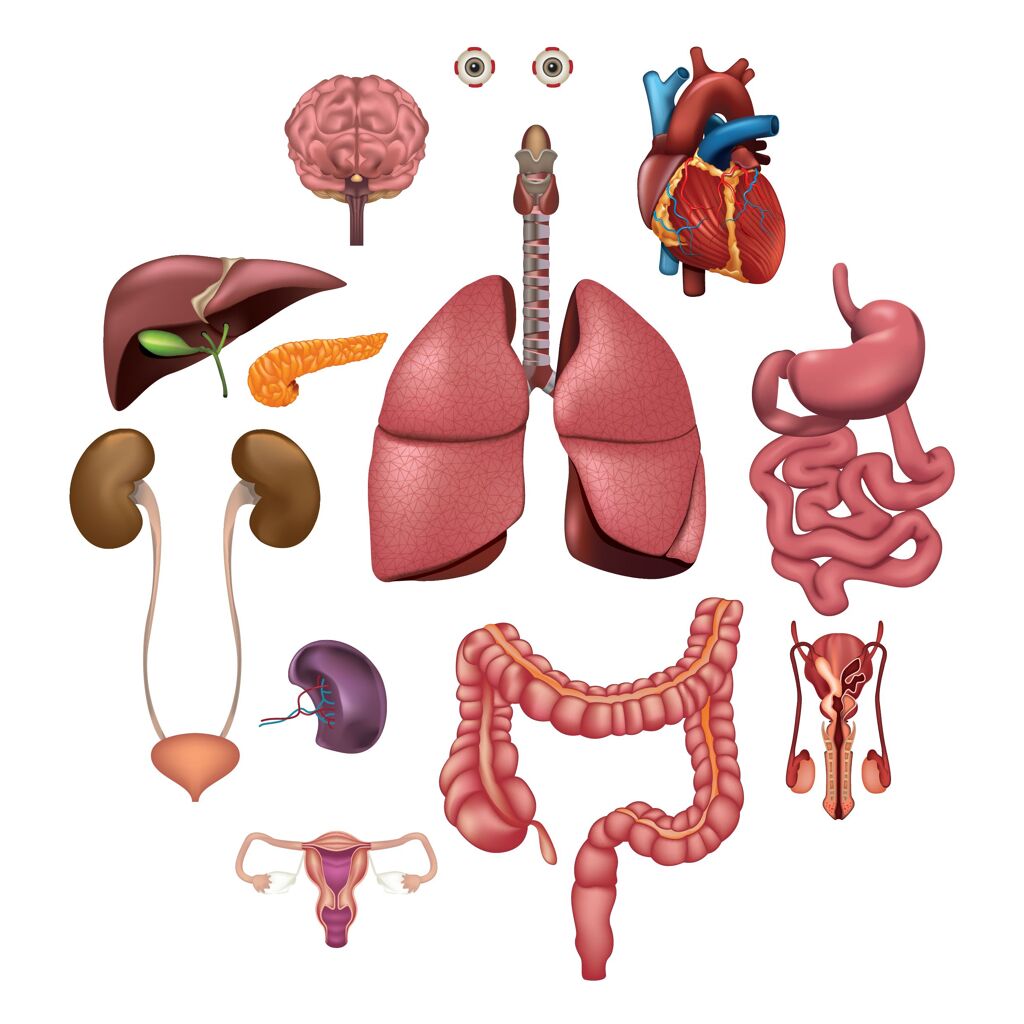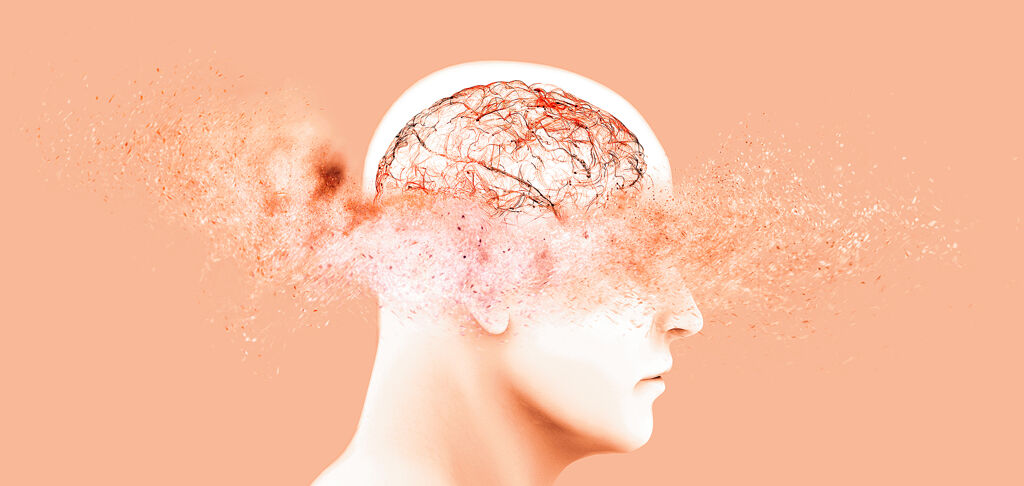How To Heal Leaky Gut/ Leaky Brain: A Step By Step Process

Do you have leaky gut or leaky brain syndrome? Are you looking for ways to resolve leaky gut / brain?
The long-term consequences of leaky gut or leaky brain syndrome can be quite serious. In the worst-case scenarios, these conditions can lead to chronic diseases like autoimmune diseases or cognitive decline. Even at a mild level, they will leave you with multiple digestive symptoms, food insensitivities and brain fog, fatigue or difficulty concentrating. It is vital to treat these conditions before they lead to chronic inflammation and worse.
If you suffer from leaky gut / brain, then read on for details about treatment and how we can help.
In this blog on treating leaky gut and leaky brain, you will learn:
- What diet changes you can make to resolve leaky gut / brain
- Which supplements can help
- Which lifestyle habits can help heal a leaky gut / brain
For background, review our blogs on leaky gut / brain. We have written about leaky gut syndrome here, leaky brain syndrome here and how leaky gut can cause leaky brain here.
But first, let’s re-cap:
- Leaky gut occurs when the gut lining develops tiny openings or holes that allow harmful substances to pass into the bloodstream.
- Leaky brain occurs when the blood brain barrier (BBB) develops the same type of tiny openings and allows harmful substances to pass into the brain.
- Both conditions cause symptoms, potentially leading to chronic inflammation and chronic disease.
- Both can be treated with some straight-forward diet, supplements ad lifestyle interventions.
Leaky Gut & Leaky Brain Treatment
There are a number of factors that can resolve leaky gut / brain. The most important include healing the gut through diet, supplements and certain lifestyle habits. It is also critical to reduce inflammation and resolve any infections in the gut or elsewhere in the body.
A Healthy Gut -> A Healthy Brain -> A Healthy You!
Be Consistent
It is extremely important to Be Consistent with the protocol. Making some changes for a couple of weeks will not do much. It takes time to heal a leaky gut. Leaky gut does not develop overnight, and likewise, curing it will take some time. It is difficult to say how long it will take and every case is different. But you should expect to need anywhere from 4 weeks to 6 months to fully heal the gut. This applies for leaky brain as well as leaky gut.
In a nutshell, the treatment plan needs to focus on gut healing and reducing chronic inflammation.
It should incorporate:
- Diet
- Supplements
- Lifestyle factors
The Diet to Heal Leaky Gut/ Leaky Brain
The diet to heal leaky gut/brain must be anti-inflammatory. A healthy diet rich in fiber and probiotics can help to heal the gut lining. Research shows that a gluten-free Mediterranean diet lowers inflammation. The Paleo diet is another good option to follow. Or just simply avoid inflammatory foods and focus on anti-inflammatory, gut healing foods.
Which Foods Heal Leaky Gut / Brain?
The foods to eat that heal the gut and are anti-inflammatory include:
- Eat a diet of whole and unprocessed foods. Processed foods contain all sorts of undesirable ingredients such as excess sugar, food additives & chemicals, GMO ingredients, gluten, processed soy etc. etc. Processed foods and artificial sweeteners (aspartame, sucralose and saccharine) all reduce gut diversity and increase inflammation.
- Eat high fiber foods which includes all vegetables and fruits. The soluble fiber found in vegetables, legumes, and fruit feed and support the good gut bacteria. Focus on low sugar fruits like berries. Aim for a minimum 25g of fiber per day. You can use apps like Cronometer, Myfitnesspal, etc. to track macro and micro nutrients.
- Eat the widest variety of fruit & vegetables possible. Aim to eat 30 plants per week. People who eat a more diverse plant diet have more diversity in their gut microbiome. A diverse gut microbiome is healthier. Plants, in this case, include vegetables, fruits, nuts, seeds and even coffee and dark sugar-free chocolate.
- Most people living in the West eat less than 50 plant or animal species in their diet. In contrast to this, the average Hadza person eats around 600 species of plants and animals in a year with huge seasonal variation. The Hadza are a modern hunter-gatherer tribe of people living in Tanzania. The Hadza people have a gut microbiome diversity that is one of the richest on the planet. The Hadza have very little of the common Western diseases of obesity, allergies, heart disease and cancer.
- Increase your polyphenol intake. These are antioxidants which protect against oxidative stress and inflammation. Polyphenols are found in strongly-colored vegetables & fruits, nuts, seeds, berries, cocoa, olive oil, coffee, tea and green tea.
- Eat prebiotic foods, such as oats, flaxseeds, onion, garlic, apple, leek, dandelion greens, green bananas, asparagus. These feed the good gut bacteria.
- Resistant starch is a type of prebiotic that feeds good gut bacteria. A great source is white potatoes that have been cooked, then cooled for 24 hours. Eat these at room temperature. Reheating them will kill the resistant starch. Or you can buy potato starch powder and take a tsp in a glass of water, daily.
- Eat fermented foods for additional probiotics to replenish the good gut bacteria. Fermented foods increase gut microbiome diversity. They also reduce inflammatory microbes in the gut and thus gut inflammation. This can happen in as little as 10 weeks. We recommend eating fermented food every day. Try things like sauerkraut, kimchi, kombucha, yogurt, raw milk or cheese, miso soup.
- Eat dark green leafy vegetables like spinach, arugula, bok choy, collard greens and kale. These contain micronutrients and have been found to be an important part of a diet that supports brain health and prevents dementia.
- Bone broth is anti-inflammatory and very healing to the gut lining.
- Eat clean organic protein like grass fed beef, wild fish and other pesticide and GMO-free animal products.
- Eat good fats. Essential fatty acids are vital for brain health. Include avocado, coconut oil, flaxseed, hemp seed, oily fish, pumpkin seeds, walnuts, olive oil, ghee, etc.
- Eat anti-inflammatory oily fish. Think SMASH = sardines, mackerel, anchovies, (wild not farmed) salmon and herring. These contain Omega 3 fatty acids, which reduce inflammation and support brain health.
Note: It is always good to work with a Functional Medicine practitioner about your own unique situation. Some of these recommended foods can be an irritant to certain conditions. For example, bone broth and berries are high in histamine and may irritate a histamine intolerance issue. Probiotic fermented foods will irritate a case of SIBO. Raw vegetables can be difficult to digest in the case of poor gut health. These and any other potential gut issues need to be resolved before enjoying these super foods.
Which Foods Contribute to Leaky Gut / Brain?
Remove from your diet:
- Limit sugar and refined carbohydrates in the diet. Too much sugar negatively affects gut and overall health.
- Eliminate gluten because gluten contains zonulin which makes the gut and brain leaky.
- Remove all foods that you don’t tolerate well. Avoid common triggers like gluten, dairy, sugar and processed foods.
- Don’t drink alcohol while healing your gut and brain.
- Don’t use inflammatory vegetable oils like canola, corn, sunflower, safflower oils. They are high in Omega 6 fats, extremely processed and promote inflammation.
- Stop grazing and leave time between meals to give your digestive system a rest.
The Supplements that Heal Leaky Gut/ Leaky Brain
Certain vitamins (vitamin A, vitamin C, vitamin D) and minerals reduce inflammation and enhance repair. Zinc carnosine, collagen and L-glutamine, in particular, are very healing for the gut lining. Omega 3 fats found in fish oil is anti-inflammatory. Use spices with anti-inflammatory properties, such as turmeric, ginger or garlic.
To Read About Blog Topic, Scroll Down
Want To Work With Our Clinic?
Do you have a chronic or mystery illness that no one has been able to help you with? Are you simply wanting to re-connect with a healthier version of yourself? It’s Time To Finally Feel Better!
The Importance of Probiotics
Probiotics are live bacteria that are similar to the good bacteria that naturally live in the gut. Probiotics help to restore the balance of bacteria in the gut and improve gut health. They increase microbial diversity and promote the growth of good bacteria in the gut. Probiotics can prevent or repair leaky gut and reduce zonulin.
Research finds that spore-based probiotic supplements are most effective. Spore-based probiotics are highly resistant to stomach acid, stable at room temperature and deliver a much greater quantity of bacteria than traditional probiotic supplements. Spore based probiotics actually reached the gut alive and were 53% more effective in one study (McFarlin BK, 2017).
They also reduce symptoms of leaky gut syndrome (McFarlin BK, 2017). Spore-based probiotics reduced bloodstream toxins associated with leaky gut by 42% in one study (McFarlin BK, 2017). No other probiotic was found to be as effective.
Short Chain Fatty Acids (SCFAs) produced by probiotics can enhance the integrity of the gut and the blood brain barrier or BBB (Mou Y, 2022). They also decrease the risk of neuroinflammation and neurodegeneration (Mou Y, 2022). Tight junctions can be improved after probiotics colonize the digestive tract with short chain fatty acid-producing bacteria (Obrenovich, 2018). The probiotics prevent leaky gut and increase resistance to the species contributing to gut permeability.
The short chain fatty acid propionate had protective effects on the BBB by inhibiting microbial infections. This suppression of inflammatory infections protects the BBB from oxidative stress, which damages the and can make it leaky (Obrenovich, 2018).
The Peptide BPC-157
Peptides are short chains of amino acids, the building blocks of proteins. They can be taken as a supplement. Collagen is a well-known peptide. BPC-157 is a peptide that is very effective in gut healing. It restores damaged tissue, speeds up wound healing and improves gut health. In the case of leaky gut, it triggers repair of the gut lining.
Lifestyle Factors to Heal Leaky Gut/ Leaky Brain
- Be consistent with the protocol to prevent & reduce chronic inflammation. It takes time to heal and to reduce the chronic systemic inflammation, which will ultimately decrease your disease risk (McFarlin BK, 2017). Expect it to take from 4 weeks to 6 months to fully heal leaky gut / leaky brain.
- Make time to be in nature. People living in rural areas have better microbes than those in cities. Get out into the garden or do other outdoor activities that help both mental health and the microbiome.
- Spend time with animals. People living with dogs have more microbial diversity.
- Don’t overdo the hygiene. Obsessive washing and overusing antibacterial sprays are not good for the gut.
- Practice Intermittent Fasting. It gives the digestive system a break from constant grazing and digesting. Fasting triggers hormones that boost the body’s ability to repair itself. This can improve the integrity of the gut and blood brain barrier. Fasting lowers the risk of cognitive decline, dementia and other neurological problems. Start off by fasting for 12 hours at a time per day. Eat dinner around 6, don’t eat anything else before bed and then eat breakfast the next day.
- Reduce stress levels. Gut bacteria can be harmed by chronic stress, which can damage the gut lining. Find ways to manage stress, such as yoga, meditation, breathing exercises, tai chi, spend time in nature, spend time with people you love, exercise, try journaling or chanting/singing. Do whatever it takes to reduce your psychological and emotional stress.
- Get to and maintain a healthy weight.
- Quit smoking. Tobacco smoke may increase digestive tract inflammation and is a risk factor for a number of bowel conditions. Get help with a smoking cessation program if you need support.
- Exercise 3-5 times per week at least, although daily exercise/ movement is best. But do not exercise at maximum intensity too frequently because this is inflammatory. Equally, not exercising enough is also inflammatory and not advised. Exercise, at the right amount, reduces oxidative stress and is anti-inflammatory. Regular exercise maintains the integrity of the BBB by preserving tight junctions and re-establishes the expression of tight junction proteins such as occludin (Małkiewicz MA, 2019).
- Reduce alcohol consumption. Drinking too much alcohol increases intestinal permeability. Get support if you need help to limit your alcohol intake.
- Avoid medication of any kind if you can. Antibiotics destroy good and bad microbes so it is advised not to take them unless you really need to. Common medications like paracetamol and antacids interfere with gut bacteria. Reduce the use of nonsteroidal anti-inflammatory drugs (NSAIDs), such as aspirin, ibuprofen, and naproxen, because they all increase intestinal permeability. PPI drugs for acid reflux are also particularly damaging to gut health.
- Get treatment for bacterial and viral infections. Any unresolved infections, like Lyme disease, a Lyme co-infection, mold illness, any virus, bacteria or other infection are all pro-inflammatory. The increase in inflammation contributes to gut problems.
- Reduce exposure to all types of toxins in air, water, food, cleaning products, furniture, clothing, personal care products etc.
- Use the Environmental Working Group’s website to check and rate your cosmetics and personal care products for toxin content. Switch to less toxic products.
- Do an occasional detox to clear your body of pesticides, heavy metals and the multitude of other toxins we are exposed to on a daily basis.
- Use sauna to help the detoxification process.
- Make quality sleep a top priority. Get help if you don’t sleep well.
- Support and prioritize your mental health, well-being and happiness. Positive emotions boost healing. Take time for yourself. Try to prevent getting overwhelmed by obligations. Practice gratitude.
- Find Joy and build it into your daily life. Do things that make You happy. Prioritize things that bring you joy and happiness, like curling up with a good book, getting out in nature, sharing a cup of tea with your best friend or climbing that mountain. Whatever it is that makes you happy, do it!
The body has a remarkable ability to heal itself. This goes for the gut microbiome and the blood brain barrier as well. In as little as a few days to a few weeks, improvements will start to happen. You’ll likely need to follow this protocol longer, for 6 months, to fully heal. But the good news is that healing can happen. Contact us at the Medicine with Heart Functional Medicine clinic for more support and a personalized approach unique to your body.
Summary
- Leaky gut and brain syndromes can lead to chronic disease, if left unresolved.
- Leaky gut / brain can be resolved with diet, supplements and lifestyle interventions.
- In terms of diet, follow an anti-inflammatory diet. Try a gluten-free Mediterranean or Paleo diet.
- Certain supplements help to heal the gut lining. Probiotics, in particular spore-based probiotics, are found to be very effective in healing leaky gut.
- Various lifestyle interventions are important. These include learning how to manage stress, exercising and kicking bad habits like too much alcohol or smoking.
As always, please get in touch with us. If you or someone you know is struggling with any digestive, cognitive or neurological symptoms, contact our clinic today. We can work on any issue(s) and improve your health. Book a free health evaluation call with us today, to see how we can help you with your concerns. We can answer your questions and help you book an initial consult with one of the functional medicine doctors in our clinic.
Are You Suffering From A Chronic Illness?
Does your current health situation look like this…
- Do you feel that you have tried many things and either nothing works, or the treatment does not hold?
- Have you been told that there is nothing that can be done to reverse your illness and you just need to manage symptoms?
- Does your illness impact your work, your family, your happiness and your social life?
We specialize in finding answers and solutions for complicated chronic illness when people feel like they have tried everything. If this sounds like you, book a free call with us to see if we are the right fit for your health goals.
Dr. Miles has spoken for the following organizations:

















